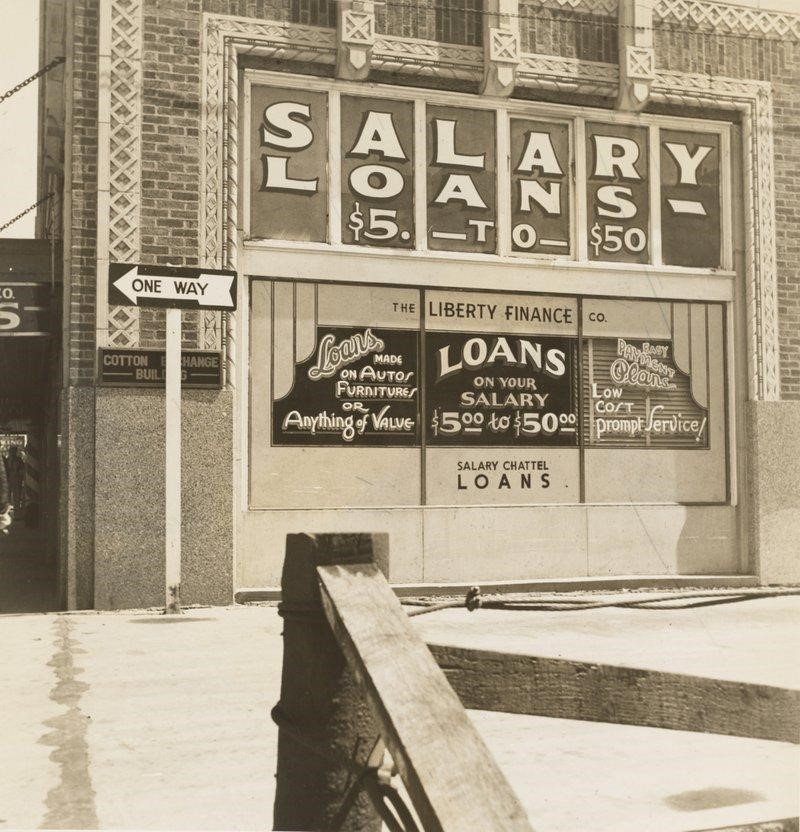What Do Hard Money Lenders Look For?
For individuals seeking capital to purchase a new home, avoid foreclosure, or make renovations, a traditional bank loan doesn’t always work out. Things like a poor credit score or little equity can quickly lead to rejection. However, in recent years, hard money lenders have provided people with a way to get the money they need for real estate projects or to keep their homes.
Unlike banks who look at a borrower’s financial history when considering whether to approve a loan, a hard money lender uses the property as collateral. This means applicants have a much higher chance of getting approved for quick cash. House flippers often turn to these private lenders to secure a new investment before it’s sold. They’re great resources for real estate investors, especially when home sales are up as they are right now. According to the Department of Housing and Urban Development, sales for single-family homes saw a 2.5% increase from June to July in 2019.
However, even though hard money lenders are concerned with credit scores, borrowers should still know what they’ll be considering when evaluating their loan application. That’s why we’re going over some of the top things these lenders keep their eye on.
The Value of the Property Used as Collateral
Because the house in question will be used as collateral against the loan, one of the lender’s primary concerns is the total value of the property. They need to know that if the loan isn’t repaid, they can recoup their losses. To do this, they’ll need to determine the loan to value ratio. This may require having an appraiser look at the property or having a real estate agent run a broker price opinion that will analyze the value.
If the borrower is seeking a loan to complete renovations on a home they own, the lender will determine how much the property will be worth after the upgrades are made. This is why house flippers often go after hard money loans. Lenders may also include land in the appraisal of the property as well.
It’s important to keep in mind that many hard money lenders won’t give loans for properties occupied by tenants. Potential legal issues could make the loan too risky.
The Borrower’s Commitment to the Property
The last thing a hard money lender wants is for the borrower to default on the loan. This is why they look at how committed the individual is to the property before approving the loan. Yes, the lender doesn’t care about a borrower’s credit score, but they still need to have confidence that the repayment terms can be met.
If a borrower needs the loan to secure the purchase of a home, the lender may want to know if they’ve put any type of down payment towards the property. If they have, the lender knows the borrower has something to lose if they don’t make their mortgage payments. This added reassurance goes a long way.
Lenders may also want to know what the borrower’s plans are for the home. If they plan on flipping it, what renovations do they intend to make? Once they sell the renovated home, what’s their plan for paying back the loan? Many house flippers have a portfolio of investments they’ve made. This is a good tool for securing hard money loans.
The Ability to Repay
The British economist John Maynard Keynes once said, “If you owe your bank a hundred pounds, you have a problem. But if you owe a million, it has.” Hard money lenders must take this to heart. There’s certainly no surefire way to know a borrower will pay back the loan. However, lenders can look for at a few things that will help them determine whether the venture is a good idea.
Lenders often look at a borrower’s exit strategy for fulfilling the repayment terms. For example, if they’re using the loan to secure a piece of commercial property, the lender may want to know how they intend to start earning a profit. Lenders may also want to know how motivated the borrower is to pay back the loan. If a house flipper doesn’t intend to start renovations on the home anytime soon, a lender may be hesitant to approve the loan.
Hard money lenders are investors too. Because these loans have higher interest rates and shorter terms, lenders can use the repaid money for new loans. Looking at the items discussed above is the best way they can protect themselves.
Resources:
.center_container #informationFacilitiesContainer h1 { color: !important; } .tms-card-container h2, #categoryFacilitiesContainer h2 { color: !important; } .tms-button { background-color: !important; } .center_container #categoryFacilitiesContainer #categoryCardContainer .col .card-title { color: !important; } .pagination-container .pagination li a { color: !important; } .center_container #browsingFacilitiesContainer h1 { color: !important; } .center_container .tms-card-container #facilityCardContainer .card-title { color: !important; } browsingFacilitiesContainer html a { color: !important; } .qa-decor-border-red { border-bottom: 3px solid !important; }
















I like this post and it has shown me some sort of commitment to move on and apply some things for my own business.Thanks! Here in Thailand we face some similar but also some different facts. Maybe you want to have a look on to our website when you have time. Pirawan from Bangkok-Realestate.net